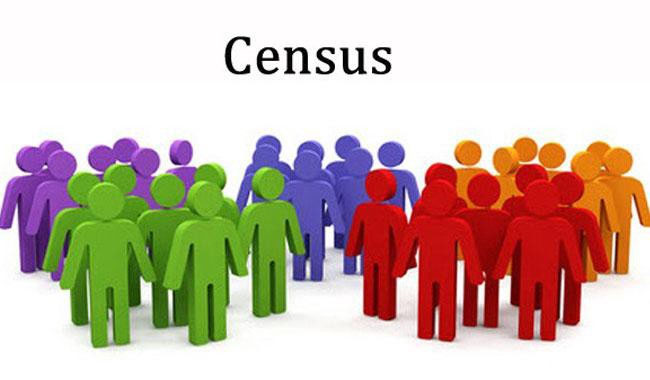The Ghana 2021 Population and Housing Census which started on June 13 and expected to end on July 11, is the sixth post-independence census in the West African nation, designed to generate statistics that are essential for policy and planning purposes.
With the mandate to conduct national censuses, the Ghana Statistical Service (GSS) has employed 75,000 Data Field Officers for the exercise, and Finance Minister Ken Ofori Atta has disclosed that it will cost the government 521 million cedis.
“Of the budget of GHS 521.3 million, the government has already disbursed GHS 467.2 million for the conduct of the 2021 Population and Housing Census. We will continue to ensure that the needed funds are provided to ensure a successful implementation.” The Minister confirmed at a recent forum.
Two censuses
The Ghana 2021 Population and Housing Census (PHC) will consist of a population census and a housing census as one operation. A Population Census is the official enumeration of all persons in a country at a specified time. The enumeration also implies the collection, compilation, evaluation, analysis, publication and dissemination of demographic, social and economic statistics relating to the population.
A Housing Census is the official enumeration of all living quarters (occupied and vacant) in a country at a specified time. This enumeration also implies the collection, compilation, evaluation, analysis, publication, and dissemination of statistical data pertaining to these living quarters and the occupants.
Ghana has conducted five post-independent population censuses in 1960, 1970, 1984, 2000 and 2010. “The last two consists of a population census and a housing census, making the 2021 PHC the third Population and housing census conducted in Ghana,” the Ghana Statistical Service(GSS) has stated.
Census Night
The midnight of June 27 will be the Census Night which according to the Ghana Statistical Service is the reference date for census enumeration and all questions asked during enumeration will relate to that Night.
“Everyone must take note of the census night date and remember to answer the questions accurately during enumeration. Reference the Census Night is necessary to tell a complete and accurate story about the population in Ghana for the 2021 PHC.” The GSS has said.
What to expect during the enumeration?
During enumeration, a census official (enumerator) will visit each household and administer a questionnaire (collect some information) from the head of the household or any other adult in the household.
The enumerator will present their ID card on arrival and subsequently interview the respondent (household member) in a language he/she can understand to collect information. Everyone must take note of the census night date and answer the questions accurately during enumeration.
The information expected to be collected by data field officers will cover the following areas:
- Travel history of household members who have migrated abroad
- Socio-demographic characteristics (age, sex, education, ethnicity, religion etc.)
- Literacy and education
- Economic activity (employment status, job description, occupation, industry)
- Difficulties in performing daily living activities (seeing, hearing, walking etc.)
- Ownership and usage of ICT devices
- Children born to women 12 years or over
- Deaths of household members within the past 12 months
- Housing conditions (construction materials of structure; water supply; asset ownership)
- Sanitation (disposal of solid and liquid waste)
- Source of water, lighting and cooking fuel
Written by Gifty Tracy Aminu





